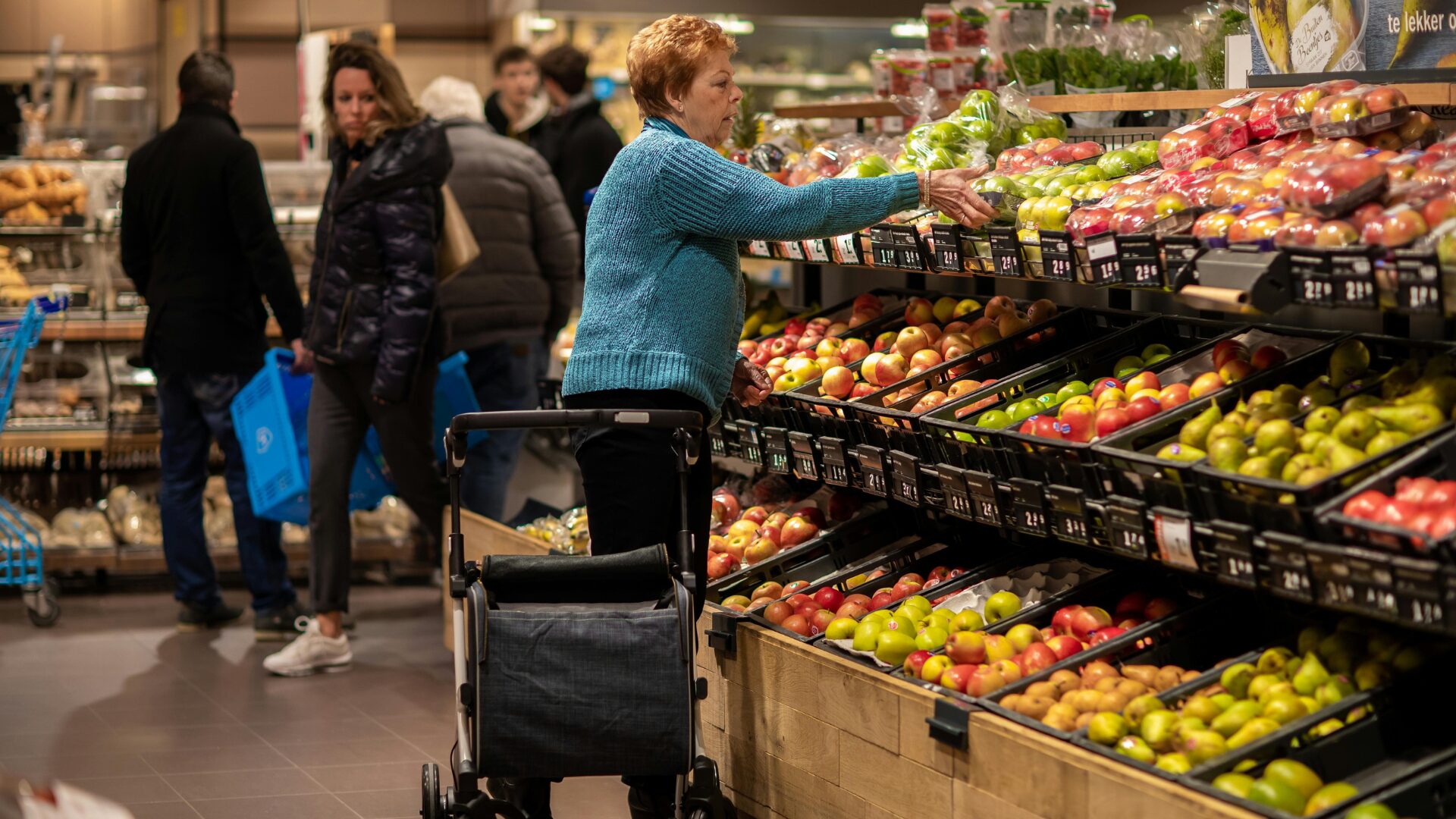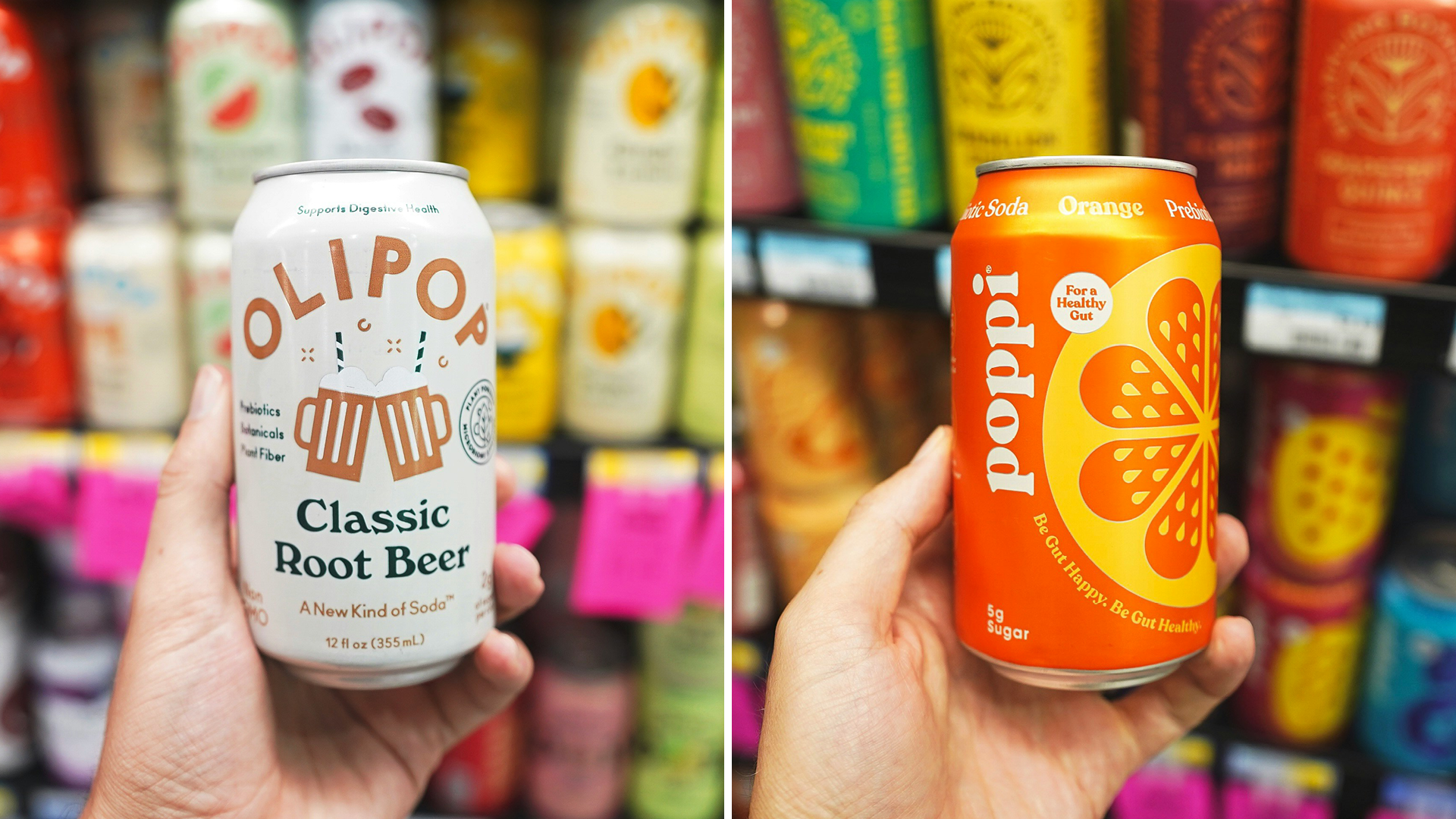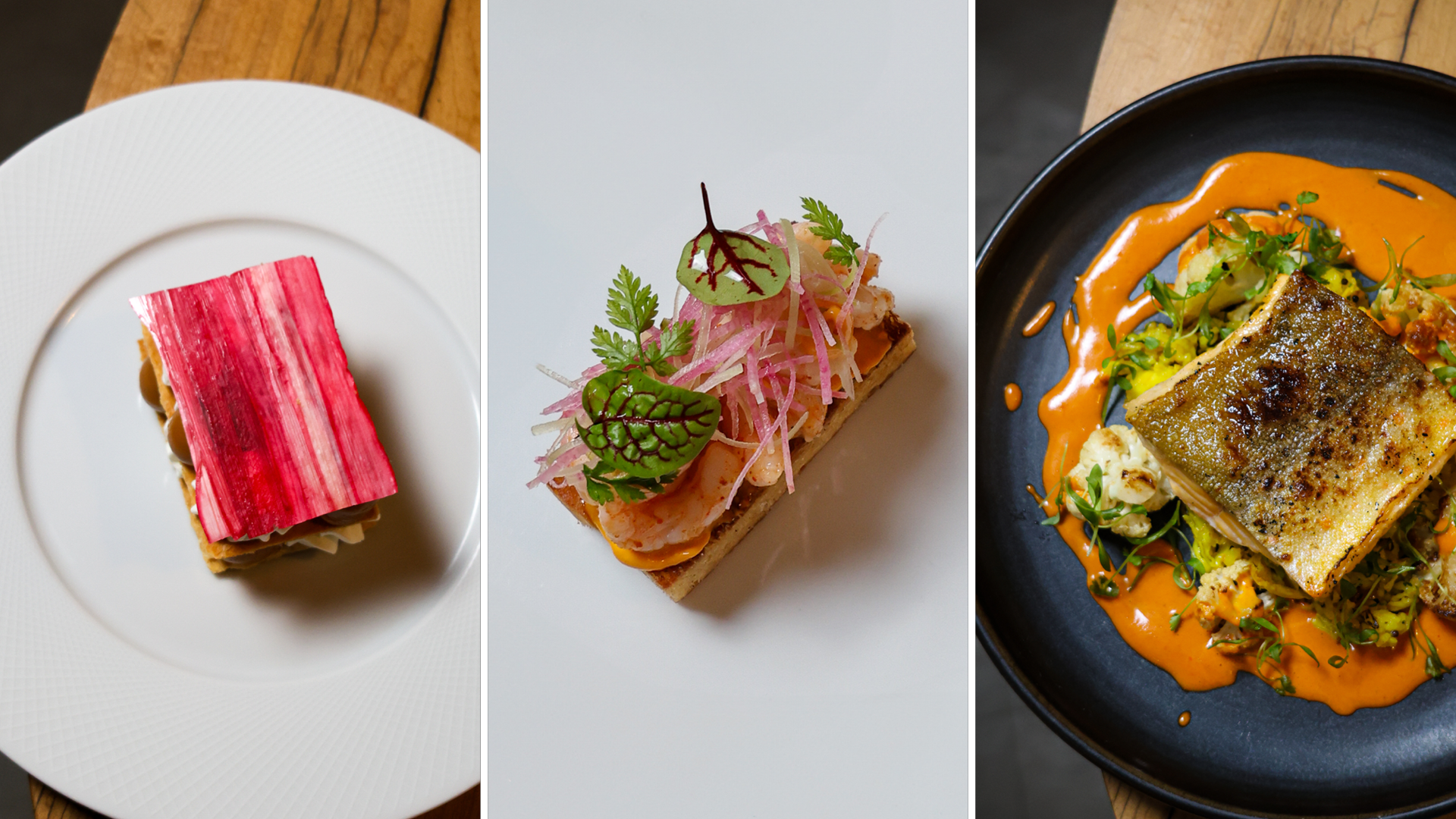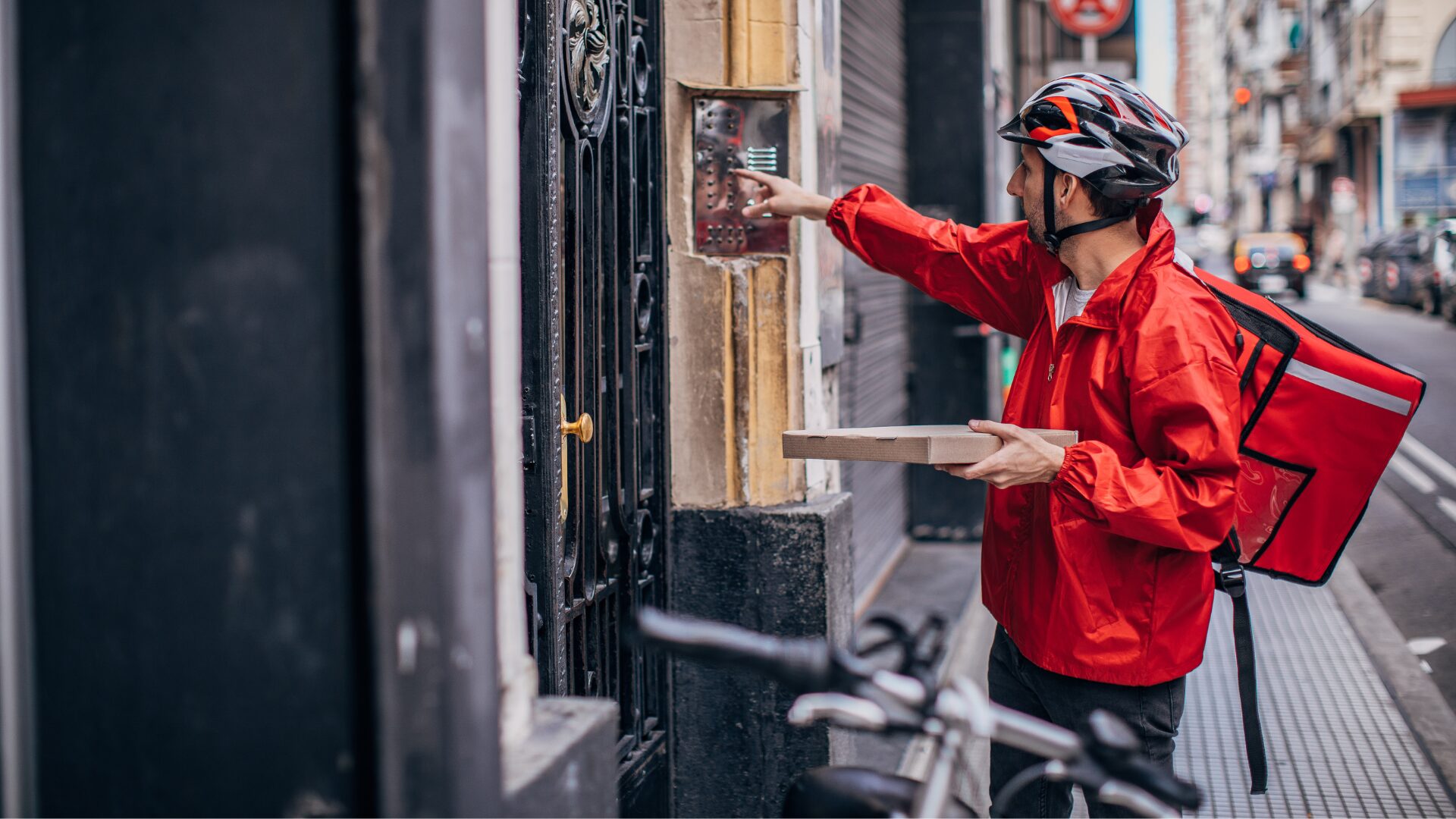The hybrid restaurant-grocery store has become a viable business model for struggling locations, reported Bloomberg (May 20).
Several establishments are even planning to keep it going after restrictions start lifting. Many independent restaurants intend to allocate more of their dining space to groceries, offering butcher shops, spices, and baking mixes, while others consider expanding to nearby vacant storefronts for markets and bakeries.
Notably, national chain Panera Bread began selling groceries (such as breads, bagels, milk, yogurt, and fresh produce) at the beginning of April as restaurant sales plummeted, reported CNBC (April 8). Now, local chains are also seeing the value of following this business model.
New York-based Il Buco Alimentari e Vineria is adding a “concierge butcher” for specific cuts of meat, as well as options such as porchetta, shoulder roll roast, and fresh sausages. “More than the idea that we’re going to revolutionize the menu, we’re trying to rebuild our business and see what it can look like,” said owner Donna Lennard.
Prior to the pandemic, the deli accounted for only 10% to 15% of sales, and now market sales make up 50% to 60% of business at the restaurant. “If it settles at 25% to 30% of our business, that will be amazing,” said Lennard.
Popular Brooklyn bar and café Fort Defiance transitioned to Fort Defiance General Store—a move that could also be permanent. “I have a bad feeling about operating as a full service bar and restaurant again,” said owner St. John Frizell. Frizell now stocks 150 items for pickup and is investing in grocery store equipment, including a $6,000 chicken rotisserie and $3,000 dairy cases.
Meanwhile, after the San Francisco coffee chain Sightglass was forced to shutter its first Los Angeles location under mandatory shutdown in March, it reopened as Sightglass Provisions at the end of April to sell inventory, such as artichokes from local farmers, brined chickens, vegetable stock, and bagels and cinnamon rolls from pastry chef Jillian Bartolome. The chain plans to continue with the market model even after it returns to serving dine-in guests.
With Illinois restaurant dining rooms closed until phase four, which remains weeks away under Gov. J.B. Pritzker’s plan, more Chicago area owners and chefs are pivoting to offer grocery items and meal kits, reported The Chicago Tribune (May 19).
Café Cancale Marche is a just-opened neighborhood French market that took over the dining room at Café Cancale in Chicago’s Wicker Park. It offers seafood, such as shrimp, halibut, and oyster-shucking kits, as well as pantry items and martini kits from its sister bar, the Voilet Hour.
Operator of Cookies & Carnitas at Green City Market, Brad Newman, began construction for a brick-and-mortar space earlier in 2020, originally planning to open in August. He’s now launching a popup market in partnership with importer Regalis Chicago dubbed “Socially Distant Shopping & Take Out Experience,” featuring several local chefs and other producers.
The popular Chicago pasta spot Daisies also recently started offering some grocery items. Options include raw meats, baking goods, and other dry pantry goods.
In Canada, Toronto restaurants also morphed into markets, reported Toronto Life (May 15). Some turned their businesses into bodegas selling basic groceries, while others offer food subscription boxes. In addition, several restaurants including Buca, Chadwick’s, Earls Kitchen and Bar, Edo, and Enoteca Sociale are allowing customers to recreate the experience at home with DIY meal kits.









